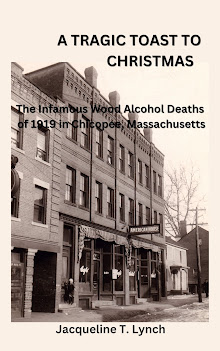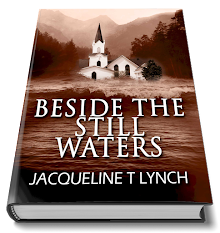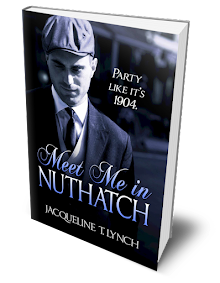Mark Twain stands with his back to the river, and his hand on the wheel, contemplating not the current, but the traffic on Main Street.
In this case, it is the Connecticut River, and not the Mighty Mississip.
This is the life-size bronze statue created by James E. Brothers in 1994, which stands in front of the Hartford Public Library. It remained in place for a few years, was moved temporarily while the library was renovated, and put back in place in 2010. This beautiful work of art was purchased and donated to the city by the Hollander family of Manchester, Connecticut.
Mark Twain spent his most prolific writing years in Hartford. We covered his home here in this previous post.
In August, 1868, Twain wrote a letter published September 6th in the San Francisco Alta California in which he, with tongue in cheek, describes Hartford:
…Of all the beautiful towns it has been my fortune to see this is the chief. It is a city of 40,000 inhabitants, and seems to be composed almost entirely of dwelling houses -- not single-shaped affairs, stood on end and packed together like a "deck" of cards, but massive private hotels, scattered along the broad, straight streets, from fifty all the way up to two hundred yards apart. Each house sits in the midst of about an acre of green grass, or flower beds or ornamental shrubbery, guarded on all sides by the trimmest hedges of arbor-vitae, and by files of huge forest trees that cast a shadow like a thunder-cloud. Some of these stately dwellings are almost buried from sight in parks and forests of these noble trees. Everywhere the eye turns it is blessed with a vision of refreshing green. You do not know what beauty is if you have not been here.
I am able to follow Main street, from the State House to Spring Grove Cemetery, and Asylum street and Farmington avenue, from the railway depot to their terminations. I have learned that much of the city from constant and tireless practice in going over the ground. These streets answer the description of Hartford which I have given above. The large dwellings all stand far apart, each in the centre of its great grass-plat and its forest trees. There is not a mean building or slovenly piece of ground to offend the eye in all the wide area I have traversed as above. To live in this style one must have his bank account, of course. Then, where are the poor of Hartford? I confess I do not know. They are "corralled," doubtless -- corralled in some unsanctified corner of this paradise whither my feet have not yet wandered, I suppose.
The reason for this uniform grandeur is easily explained. The Blue-Law spirit is not utterly dead in Connecticut yet. The law prohibiting the harboring of sinful playing-cards in dwelling houses was annulled only something over a year ago. Up to that time, conscientious people whose instincts forbade them to break the law, would no more think of keeping an entire pack of cards in their dwellings than they would have thought of driving for pleasure in these beautiful streets on the blessed Sabbath. Therefore, they never entered into a friendly game of "draw," "old sledge," or anything of that kind, without first taking a couple of cards from the pack and destroying them. There was not a whole pack of cards in any house in Hartford. Thus was the majesty of the law upheld -- thus was its purity secured against taint. Another blue-law of the city preserves the beauty and uniformity of the streets and buildings. By its terms you must obtain permission from the city government before you build on your lot -- before you construct an addition to your house -- before you erect a stable. You cannot build a house just when you please, and you cannot build just any sort of a house you please either.












No comments:
Post a Comment